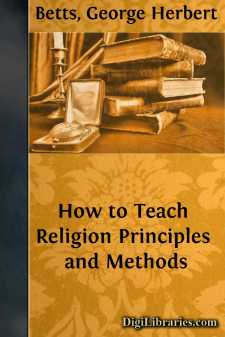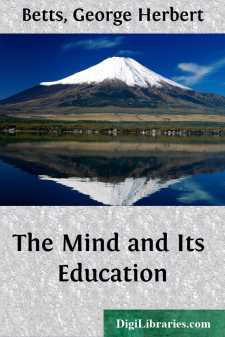Categories
- Antiques & Collectibles 13
- Architecture 36
- Art 48
- Bibles 22
- Biography & Autobiography 813
- Body, Mind & Spirit 142
- Business & Economics 28
- Children's Books 12
- Children's Fiction 9
- Computers 4
- Cooking 94
- Crafts & Hobbies 4
- Drama 346
- Education 46
- Family & Relationships 57
- Fiction 11828
- Games 19
- Gardening 17
- Health & Fitness 34
- History 1377
- House & Home 1
- Humor 147
- Juvenile Fiction 1873
- Juvenile Nonfiction 202
- Language Arts & Disciplines 88
- Law 16
- Literary Collections 686
- Literary Criticism 179
- Mathematics 13
- Medical 41
- Music 40
- Nature 179
- Non-Classifiable 1768
- Performing Arts 7
- Periodicals 1453
- Philosophy 64
- Photography 2
- Poetry 896
- Political Science 203
- Psychology 42
- Reference 154
- Religion 513
- Science 126
- Self-Help 84
- Social Science 81
- Sports & Recreation 34
- Study Aids 3
- Technology & Engineering 59
- Transportation 23
- Travel 463
- True Crime 29
The Recitation
Categories:
Description:
Excerpt
I
THE PURPOSES OF THE RECITATION
The teacher has two great functions in the school; one is that of organizing and managing, the other, that of teaching.
In the first capacity he forms the school into its proper divisions or classes, arranges the programme of daily recitations and other exercises, provides for calling and dismissing classes, passing into and out of the room, etc., and controls the conduct of the pupils; that is, keeps order.
The organization and management of the school is of the highest importance, and fundamental to everything else that goes on in the school. A large proportion of the teachers who are looked upon as unsuccessful fail at this point. Probably at least two out of three who lose their positions are dropped from inability to organize and manage a school. While this is true, however, the organizing and managing of the school is wholly secondary; it exists only that the teaching may go on. Teaching is, after all, the primary thing. Lacking good teaching, no amount of good management or organization can redeem the school.
1. The teacher and the recitation
Teaching goes on chiefly in what we call the recitation. This is the teacher's point of contact with his pupils; here he meets them face to face and mind to mind; here he succeeds or fails in his function of teaching.
Failure in teaching is harder to measure than failure in organization and management. It quickly becomes noised abroad if the children are not well classified, or if the teacher cannot keep order. If the machinery of the school does not run smoothly, its creaking soon attracts public attention, and the skill of the teacher is at once called into question. But the teacher may be doing indifferent work in the recitation, and the class hardly be aware of it and the patrons know nothing about it. There is no definite measure for the amount of inspiration a teacher is giving daily to his pupils, and no foot-rule with which to test the worth of his instruction in the recitation.
And it is this very fact that makes it so necessary that the teacher should study the principles of teaching as applied to the recitation. The difficulty of accurately measuring failure in actual teaching tends to make us all careless at this point. Yet this is the very point above all others that is vital to the pupil. Inspiring teaching may compensate in large degree for poor management, but nothing can make up to a pupil for dull and unskillful teaching. If the recitations are for him a failure, nothing else can make the school a success so far as he is concerned.
The ultimate measure of a teacher, therefore, is the measure taken before his class, while he is conducting a recitation.
2. The necessity of having a clear aim
Any discussion of the recitation should begin with its aims or purposes; for upon aim or purpose everything else depends. For example, if you ask me the best method of conducting a recitation, I shall have to inquire before answering, whether your purpose in this recitation is to discover what the pupils have prepared of the work assigned them; or to introduce the class to a new subject, such as percentage in arithmetic; or to drill them, as upon the multiplication table. Each of these purposes would demand a different method in the recitation. Again, if your purpose is to show off a class before visitors, you will need to use a very different method from what you will employ if your aim is to encourage the class in self-expression and independence in thinking.
There are three great purposes to be accomplished through the recitation: testing, teaching, and drilling. These three aims may all be accomplished at times in the same recitation, may even alternate with each other in successive questions, but they are nevertheless wholly distinct from each other, and require different methods for their accomplishment....





